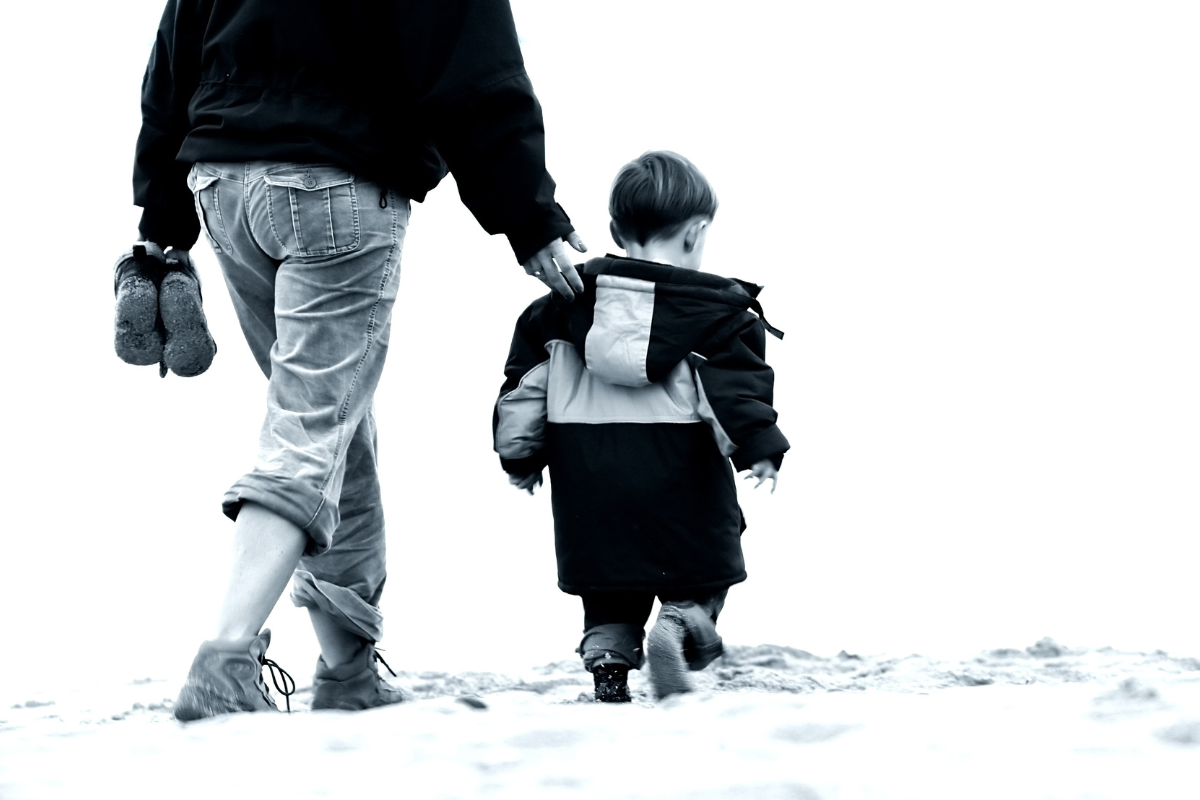Air pollution is a growing concern globally, significantly impacting public health. Among the most vulnerable populations are children, whose developing bodies and immature immune systems make them particularly susceptible to the harmful effects of polluted air. This article explores how air pollution affects children’s health and provides practical tips for parents to mitigate these effects.
Effects of Air Pollution on Children’s Health
Respiratory Issues
Air pollution is strongly linked to respiratory problems in children. Pollutants such as particulate matter (PM2.5 and PM10), nitrogen dioxide (NO2), and sulfur dioxide (SO2) can irritate the respiratory tract, leading to conditions like asthma, bronchitis, and pneumonia. Children living in areas with high air pollution are more likely to experience wheezing, coughing, and shortness of breath.
Impaired Lung Development
Chronic exposure to polluted air can impair lung development in children, resulting in reduced lung function that can persist into adulthood. This compromised lung capacity can limit physical activity and increase the risk of chronic respiratory diseases later in life.
Increased Allergies
Pollutants and allergens in the air can exacerbate allergic reactions in children. Allergens such as pollen can combine with pollutants to create aggressive forms that trigger or worsen conditions like allergic rhinitis and eczema.
Neurodevelopmental Impact
Emerging research suggests that air pollution can affect children’s brain development. Pollutants like delicate particulate matter and heavy metals can cross the blood-brain barrier, potentially leading to cognitive deficits, behavioral problems, and lower IQ scores.
Cardiovascular Effects
While traditionally associated with respiratory health, air pollution can also impact cardiovascular health. Studies have shown that children exposed to high levels of air pollution are at increased risk of developing high blood pressure and other cardiovascular issues.
Premature Birth and Low Birth Weight
Pregnant women exposed to polluted air are at a higher risk of delivering prematurely and having babies with low birth weight. These conditions can lead to a range of developmental issues and long-term health problems.
Increased Susceptibility to Infections
Air pollution can weaken children’s immune systems, making them more susceptible to infections. Pollutants can impair the body’s natural defenses, leading to higher respiratory infections and other illnesses.
Tips to Prevent the Effects of Air Pollution on Children
Monitor Air Quality
Regularly check local air quality reports to stay informed about pollution levels. Websites and mobile apps provide real-time data on air quality, helping parents decide when it is safe for children to play outside.
Personal Anecdote
As a parent living in an urban area, one should rely on air quality apps to plan outdoor activities for kids. On days when the pollution levels are high, one should opt for indoor activities to ensure their safety.
Create a Clean Indoor Environment: Use air purifiers at home to reduce indoor pollutants. Ensure your home is well-ventilated, but avoid opening windows during high pollution. Indoor plants can also help improve air quality by filtering out certain toxins.
Limit Outdoor Activities During Peak Pollution Times
Avoid outdoor activities for children when air pollution levels are highest, typically during morning and evening rush hours. Plan outdoor play and exercise in the late morning or early afternoon when pollution levels are lower.
Use Public Transportation or Carpool
Reducing the number of vehicles on the road can help lower overall air pollution. Encourage the use of public transportation, biking, or walking. Carpooling with other families can also decrease the number of trips made.
Support and Advocate for Clean Air Policies
Get involved in local and national efforts to reduce air pollution. Support policies and initiatives to reduce emissions from industrial sources, vehicles, and other primary pollutants.
Educate Children About Pollution
Teach your children about the sources and dangers of air pollution. Please encourage them to practice behaviors that reduce pollution, such as recycling, conserving energy, and understanding the importance of clean air.
Promote Healthy Lifestyles
Ensure that children maintain a healthy diet rich in antioxidants and vitamins, which can help protect their bodies from the harmful effects of pollution. Regular exercise, preferably indoors during high pollution periods, can also strengthen their respiratory and cardiovascular systems.
Conclusion
Air pollution significantly threatens children’s health, affecting their respiratory, cognitive, and overall development. By understanding these risks and implementing practical strategies, parents can help protect their children from the harmful effects of polluted air. Monitoring air quality, creating a clean indoor environment, limiting exposure during peak pollution times, advocating for cleaner air, educating children, and promoting healthy lifestyles are essential to ensure children grow healthy and robust despite environmental challenges.

